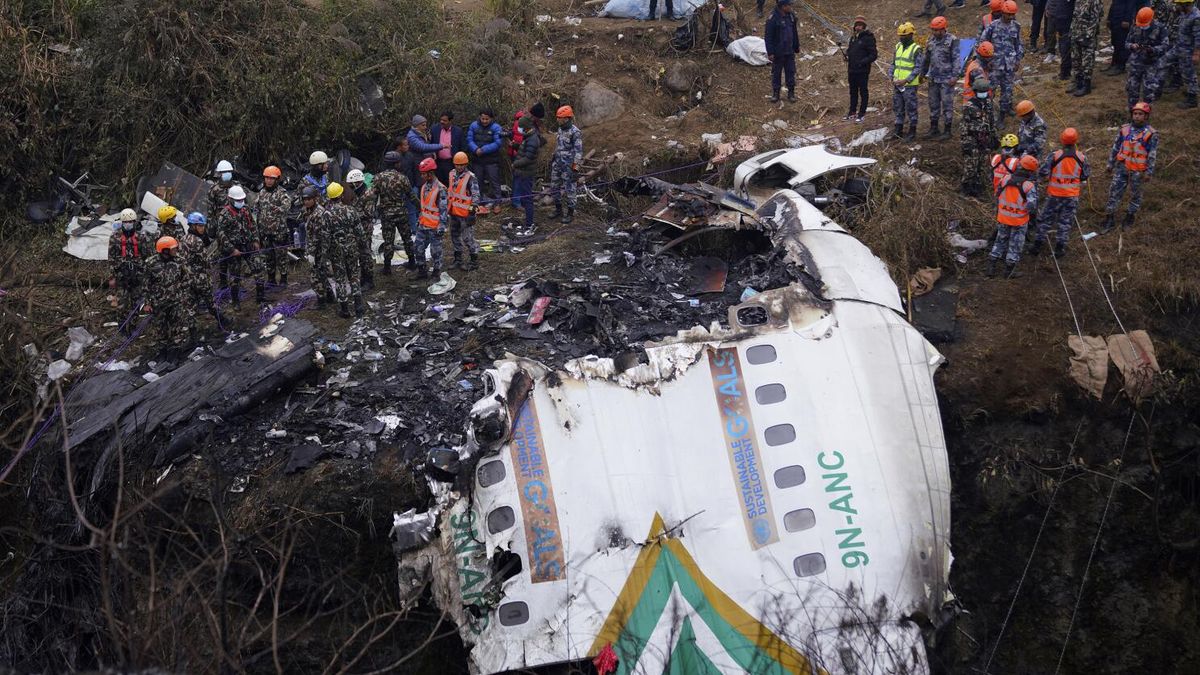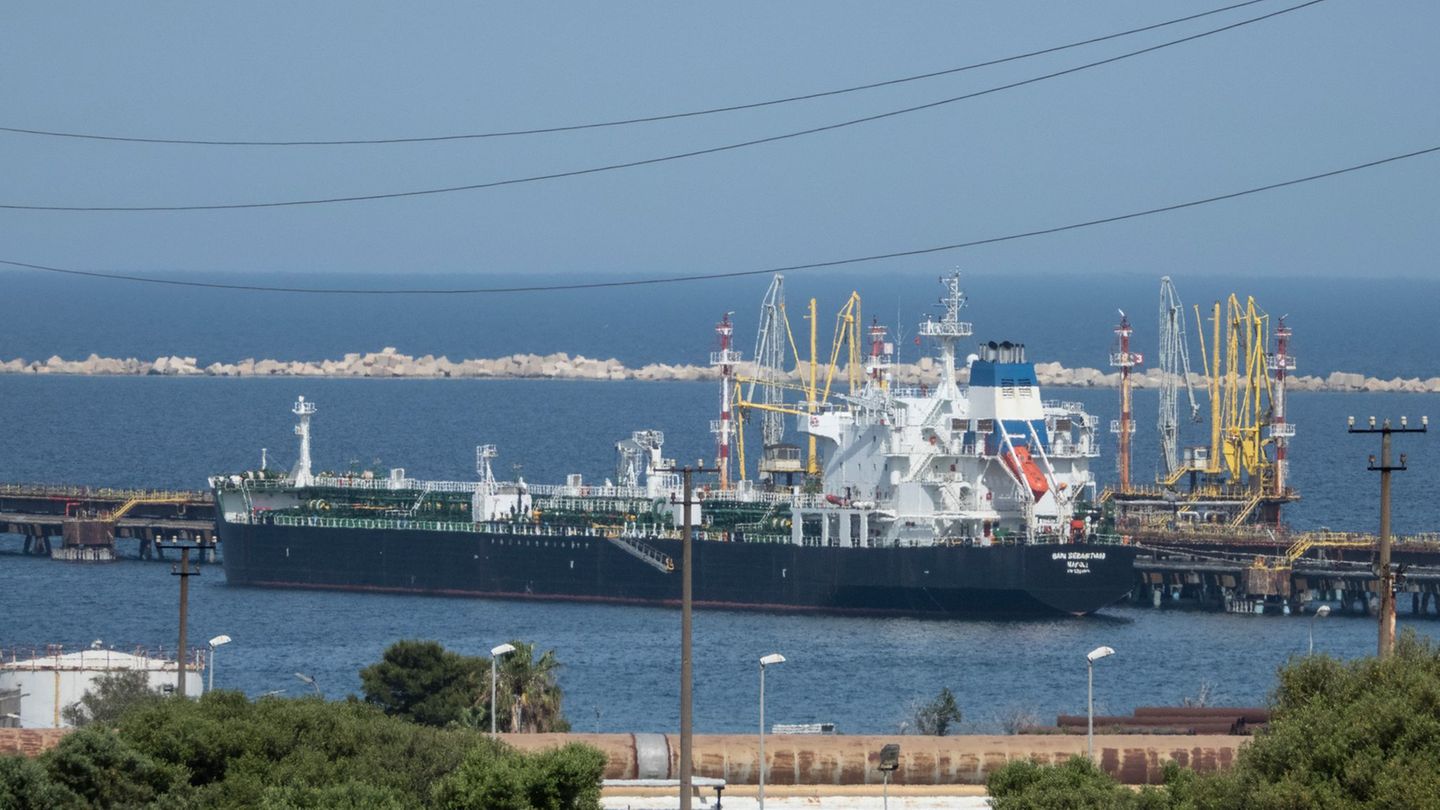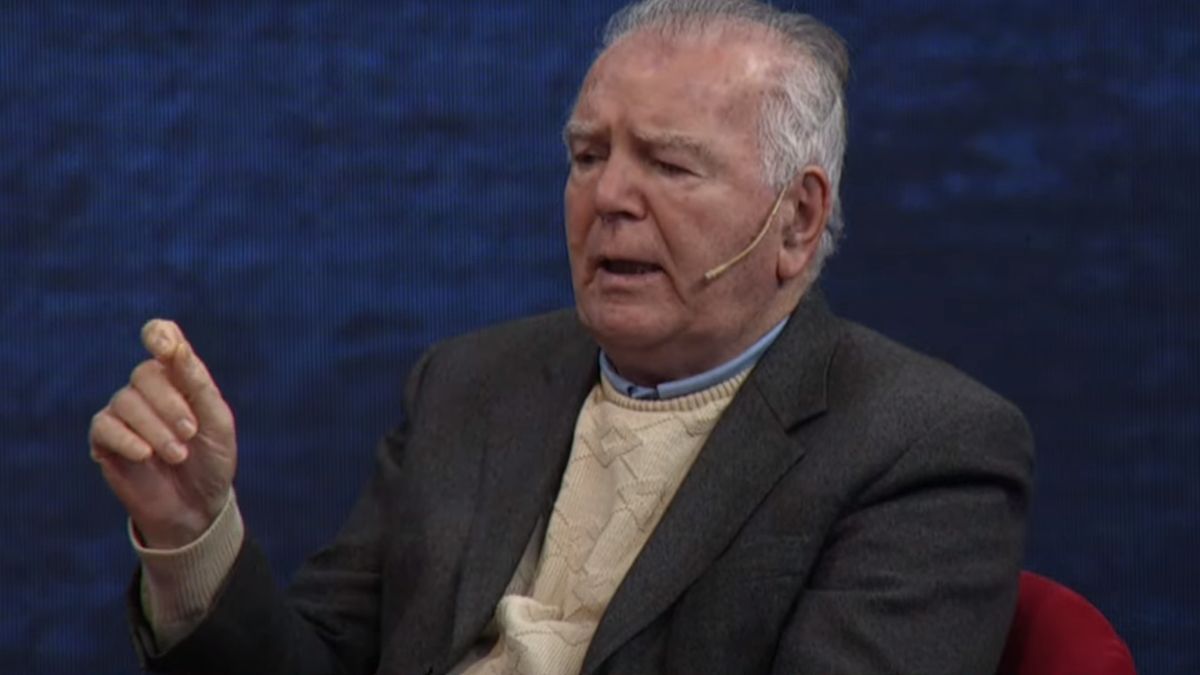The ATR 72, operated by the private company Yeti Airlines, crashed just before landing in the resort city of Pokhara on January 15, in one of the worst plane crashes in Nepal in the last 30 years.
There were 72 people traveling in the twin-engine plane, including two babies, four crew members and 15 foreigners. There were no survivors.
The accident of Yeti Airlines in Nepal, in which 72 people died almost a year ago, was due to pilots mistakenly cutting off the electricity, causing an aerodynamic stall, a report released Thursday by a government-appointed research group showed.
The content you want to access is exclusive to subscribers.
The ATR 72, operated by the private company Yeti Airlines, crashed just before landing in the resort city of Pokhara on January 15, in one of the worst plane crashes in Nepal in the last 30 years.


There were 72 people traveling in the twin-engine plane, including two babies, four crew members and 15 foreigners. There were no survivors.
Dipak Prasad Bastolaan aeronautical engineer and member of the research group, said that due to a lack of awareness and standard operating procedures, pilots had placed the condition levers, which control power, in the feathered position, instead of selecting the lever. of flaps.
This caused the engine to “idle and not produce thrust,” Bastola told Reuters. “But due to its momentum, the plane flew for up to 49 seconds before hitting the ground.”
ATR is based in France and the aircraft’s engines were manufactured in Canada by Pratt & Whitney Canada.
It was the deadliest plane crash in Nepal since 1992, when a Pakistan International Airlines Airbus A300 crashed into hillside on approach to Kathmandukilling all 167 people on board.
Nearly 350 people have died since 2000 in plane or helicopter crashes in Nepal – home to eight of the world’s 14 highest mountains, including Everest – where sudden changes in weather can cause dangerous conditions.
The European Union has banned Nepalese airlines from its airspace since 2013, citing safety concerns.
By Gopal Sharma, Reuters agency
Source: Ambito




